Peer into the future
June 5th, 2023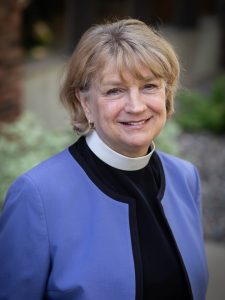 By Bishop Ann Svennungsen
By Bishop Ann Svennungsen
At his recent ordination, Leif Johnson, a tennis-coach-become-pastor, shared his thanks during the worship service. He thanked his church family, his tennis family, and his AA family. I admired his courage to include Alcoholics Anonymous. My admiration makes little sense since AA is all about courage – courage to be honest, to be vulnerable, to admit the things we’re powerless over, to hold the honesty of others in prayerful confidence.
As a pastor, I was always grateful when AA groups met in the church building. Even more, I was grateful when AA members were participants in the congregation. They inspired all of us with courage to be honest, vulnerable, and willing to ask for help.
“The synod has worked hard to foster peer groups among church leaders.”
In my first parish, an Al-Anon leader asked if she and I could start a 12-step group in our congregation – inviting people with all kinds of struggles to walk with each other. (Al-Anon is a mutual support organization for families or friends of those struggling with addiction.) At first, I believed my need for the group – which we named the Shalom Group – was primarily to help me as the mother of a newborn with Down Syndrome. Quickly, I recognized it was to help me deal with my own stuff – my perfectionism, concern about appearance, fear of failure.
I remember Don Juel, a New Testament professor at Luther Seminary and Princeton Theological Seminary, who lamented that Lutheran congregations – though we preach grace – really expect our members to be a lot more like the elder brother than the prodigal son; to appear as if we’ve got it all together. It is hard to be honest; to be vulnerable.
A FAVORITE AUTHOR OF the synod staff is Peter Block. He writes that “the small group (3-12 members) is where transformation takes place.” He argues that the “task of leadership is to be intentional about the way we group people and the questions that we engage them in.
Last Sunday I worshiped at Fabric – an ELCA community centered in weekly worship and weekly participation in “fabric groups,” small groups where folks can “follow their instinct for community, … share, care, trust, and grow with others (a lot better than the hiding, resentment, 2nd guessing, and worry that sneak in when we try to go it alone!).”
“Lutheran congregations really expect our members to be a lot more like the elder brother than the prodigal son.”
As you read this, I encourage you to reflect honestly on your daily life. Are you part of a small group? The synod has worked hard to foster peer groups among church leaders. Pastor John Hulden can help you get one started. Further, we encourage congregational leaders to provide opportunities (like my 12-Step Shalom Group) for members to participate in small groups.
I promise to join you in that honest reflection. And, I promise to pray for God’s help, guidance, and courage as we each seek a small group where we can be honest, learn to trust, lean into growth, and know that we’re not alone.


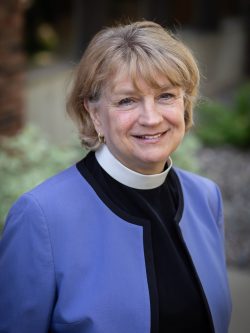
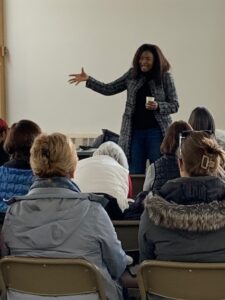
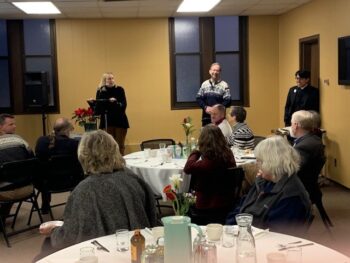
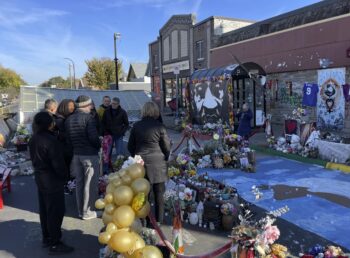
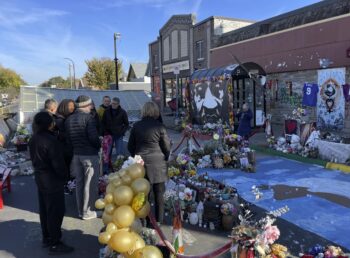
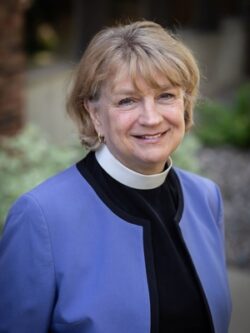
 By Bishop Ann Svennungsen
By Bishop Ann Svennungsen